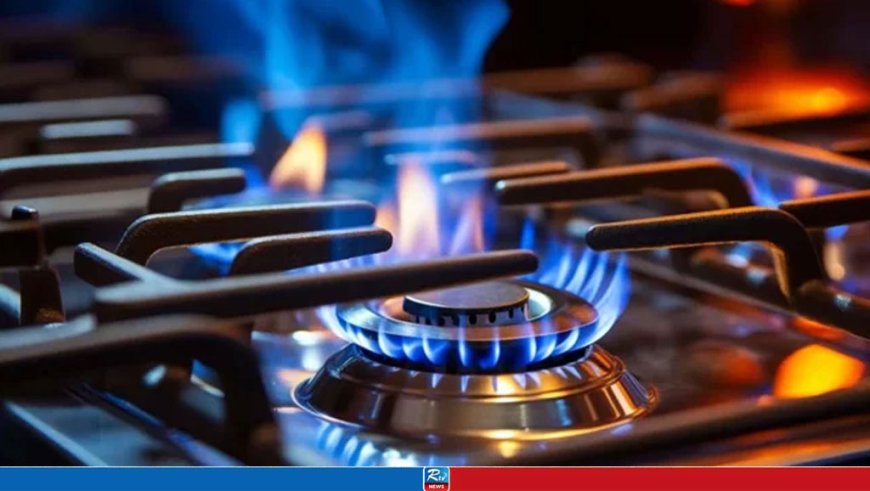The gas crisis in Dhaka worsens as winter arrives
The gas crisis in Dhaka worsens as winter arrives

- PetroBangla states that gas supply across Dhaka is delayed due to two pipelines.
- Efforts to address the gas crisis include drilling new wells and removing illegal connections.
- A plan is in place to install 2 million prepaid meters for residential customers within the next three years.
For the past five days, residents in Dhaka, like Khadija Akhter from Mirpur's Benarasi Palli, have faced a complete lack of gas supply during the day, forcing her to cook early in the morning. However, even at dawn, the gas pressure has been low, making what used to be a one-hour cooking process now take three hours. Khadija, frustrated, is considering buying a gas cylinder. She is not alone in her struggle. Anika Chowdhury, a resident of Bangla Motor, is facing the same issue.
As winter sets in, the gas supply has become even scarcer. Anika, who has a four-month-old baby, finds it impossible to wake up early every day to cook. Instead, she cooks twice a week, stores the food in the fridge, and relies on bread or restaurant food for breakfast. This situation reflects the experiences of many neighborhoods across Dhaka, where the gas crisis has worsened with the arrival of colder weather.
According to PetroBangla, residential gas supply accounts for only 12-13% of the total gas flow, with around 270 million cubic feet per day (MMCFD) being supplied to residential areas. In November, the supply ranged between 270-280 MMCFD. PetroBangla Chairman Janendra Nath Sarkar acknowledged the crisis, attributing temporary disruptions to maintenance work at key supply points like Bibiyana, Titas, and LNG terminals, which was completed on December 17. He also explained that the limited infrastructure, with only two pipelines supplying gas across Dhaka, contributes to the delay in gas reaching all areas. If more pipelines were available, the gas supply would be more efficient.
The country is currently facing a shortfall of 1,123 million cubic feet (MCF) of gas compared to the demand. PetroBangla’s daily production capacity stands at 3,829 MCF, but actual production and supply average 2,700 MCF. To address the shortage, the Energy Division is focusing on reducing system losses by metering gas supplies between companies, sealing pipeline leaks, and removing illegal connections. Additionally, drilling new wells and offshore energy exploration are being prioritized to boost supply. So far, 16 wells have been drilled, increasing production by 190 MCF, with plans for 50 more wells by December 25 and 100 additional wells by 2025.
As the gas crisis continues, residents like Subrata Roy from Azimpur have voiced their concerns about paying full gas bills despite inadequate supply. In November, Subrata paid a gas bill of Tk1,600 but had to spend an additional Tk3,000 on cylinder gas, electric stoves, and ovens. He expressed frustration over the rising costs, especially for middle-class families.
To tackle this, the Energy Division plans to implement a prepaid metering system for all residential gas users. Although a pilot project for prepaid meters began in 2011, it was halted, and the broader expansion plan was not implemented. However, PetroBangla has announced that two million prepaid meters will be installed within the next three years to curb gas misuse. The focus will be on equipping existing customers, as there are currently no plans for new residential gas connections. The priority will be on ensuring uninterrupted gas supply for the industrial sector, with LNG being used to manage residential cooking needs.
What's Your Reaction?




















































































